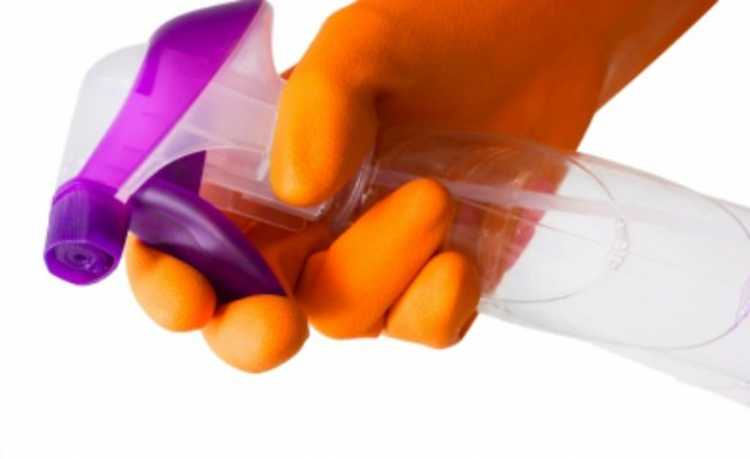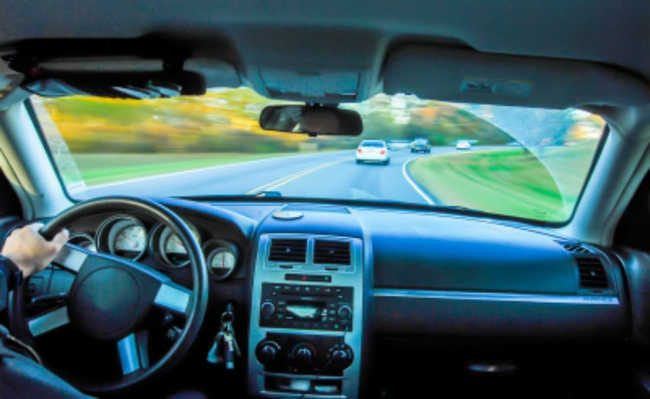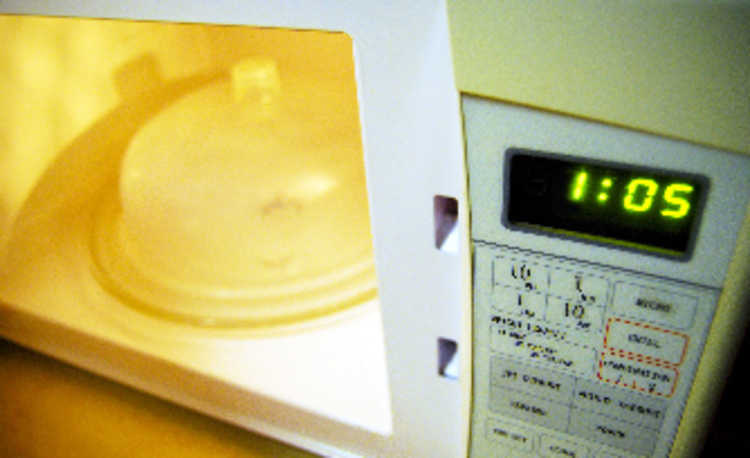What does metabolic age say about your health?
When the metabolic age is greater than the physical age, it is as if the person were older than they should

Edited and resized image of Kira auf der Heide, is available on Unsplash
Metabolic age is the number that results from comparing the basal metabolic rate (BMR) with the mean basal metabolic rate of other individuals of the same chronological age. When the metabolic age is greater than the physical age, it is as if the person is older than "should". However, like the body mass index (BMI), BMR has its critics, as none of the factors adequately measure body composition. A bodybuilder with a lot of lean muscle, for example, could end up with a BMR or BMI the same as someone without the same physical makeup.
- Calories: do they matter?
Despite being very common in the community fitness metabolic age is not a method used in the medical community. It provides information about how the person compares with other people of the same chronological age.
Metabolic age and chronological age
Chronological age, in simple terms, is how old a person lives. It is a way of evaluating your fitness level compared to other people.
Metabolic age is the BMR compared to other people in the same age group. If metabolic age comes close to chronological age, the person is similar to the rest of the age-matched population. If metabolic age is lower than chronological age, this is a good sign, as some studies suggest that younger relative metabolic age is associated with a more favorable body composition and lower blood pressure.
Understanding Basal Metabolic Rate (BMR)
BMR is the minimum number of calories needed by the body to function at rest. Therefore, it includes calories that are burned without having to lift a finger. Even with the body still, there is a burning of calories through breathing, digestion and circulation.
BMR does not take physical activity into account. This is important because about 60 to 75% of the calories that are burned each day happen while the body is apparently not doing anything.
To estimate BMR, take into account your gender, height (in centimeters), weight (in kilograms) and age (years) . You can use the Harris-Benedict Equation Calculator or use the formula below:
- Man: 66.5 + (13.75 x kg) + (5.003 x cm) - (6.775 x age)
- Woman: 655.1 + (9,563 x kg) + (1,850 x cm) - (4,676 x age)
A review of articles that measured TMR concluded that there is no single appropriate TMR value for all adults. Body proportions and demographic characteristics can complicate these estimates.
Resting energy expenditure (REE) represents the actual number of calories expended at rest. Getting to the GER requires fasting and measurement by indirect calorimetry. In this test, the person must lie down under a transparent dome while a technician monitors the energy expenditure at rest.
Can you calculate metabolic age?
You can estimate your BMR, but calculating actual metabolic age is complex. To get your relative metabolic age, you need data from other people your age. If you are interested in determining your metabolic age, talk to your doctor, nutritionist, personal trainer or another fitness specialist.
How to improve metabolic age
A higher BMR means you need to burn more calories to sustain yourself throughout the day. A lower TMB means your metabolism is slower. Finally, it's important to lead a healthy lifestyle, exercise, and eat well. But to improve metabolic age you can:
- Choosing Complex Over Refined Carbohydrates
- Replace sugary drinks with water
- Reduce portion sizes
- have a feed plant-based (Check out the study here)
- Consult a nutritionist
- Increase physical activity
If you cut back on calories, even if you don't increase physical activity, you'll likely start losing weight. But when you reduce your calorie intake, your body begins to prepare for the possibility of starvation by slowing down your metabolism. So you start burning calories more slowly. That way, the weight you lost will likely find its way back.
If you don't adjust your caloric intake but add exercise, you can lose weight, but it's a slow path. You can walk or run eight kilometers a day for a week to lose a pound of fat.
By cutting calories and increasing exercise, you can avoid the metabolic slowdown that keeps you from losing weight. Regular exercise doesn't just help you burn calories right now - it also improves your BMR, so you burn more calories while you're not exercising. To increase your physical activity:
- Start the day with a series of stretches;
- Reduce the time you spend sitting;
- Choose fixed stairs over escalators and elevators;
- Take a walk around the block after dinner every night;
- Take a brisk two-mile walk or bike ride several times a week;
- Take a gym or dance class that you like;
- Seek help from a personal trainer.
Also, get a good nights sleep. Research shows that sleep plays an important role in energy metabolism and if it is insufficient it can lead to weight gain. If you have trouble sleeping, try stretching before bed.
- For other ways to speed up metabolism, take a look at the article: "15 tips on how to speed up metabolism".










